Affiliate links on Android Authority may earn us a commission. Learn more.
Google Photos' upcoming Magic Editor is cool, but I don't like it
Published onMay 21, 2023
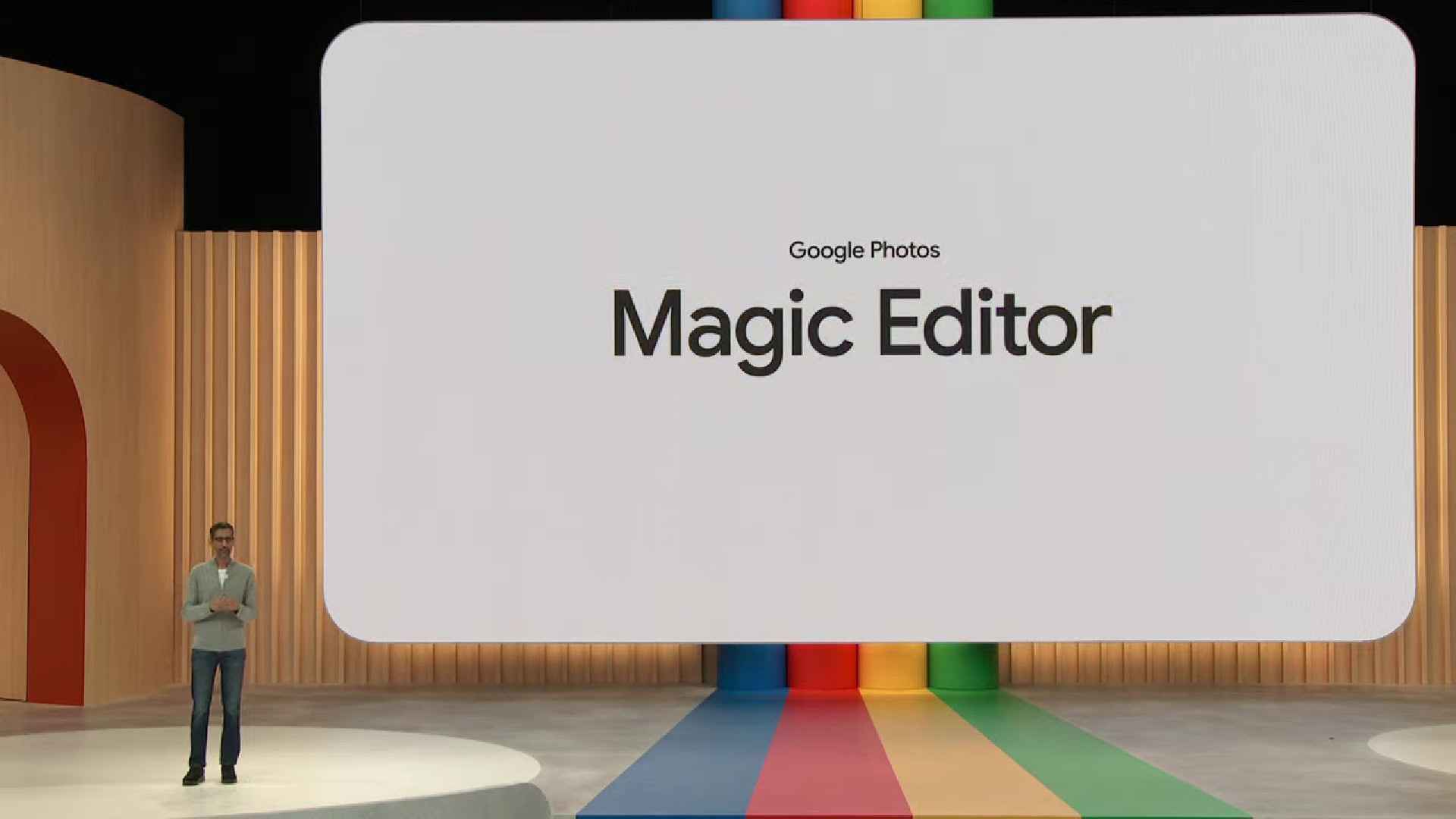
I’ll get straight to the point. I don’t like where Google is heading with the new Magic Editor in Google Photos.
Magic Editor in Google Photos opens a lot of opportunities but will need significant safeguards.
Google’s blockbuster showing at Google I/O kicked off with an AI-infused look at the future of practically every popular Google product. But amongst all the enhancements and aids coming to the company’s workspace and search portfolio, there’s one that sparked the most intrigue and worries in me. Magic Editor, a new editing feature in Google Photos, brings generative image manipulation to an app used by over a billion people. I shudder to think about the implications.
Are you excited to check out Magic Editor in Google Photos?
It’s a matter of authenticity
I’ve long been skeptical of the AI-fronted future we’re being promised by the tech industry at large. While I’ve begrudgingly adopted some tools within my daily workflow, I remain wary of these tools’ ethical and practical limitations. Moreover, I worry about authenticity.
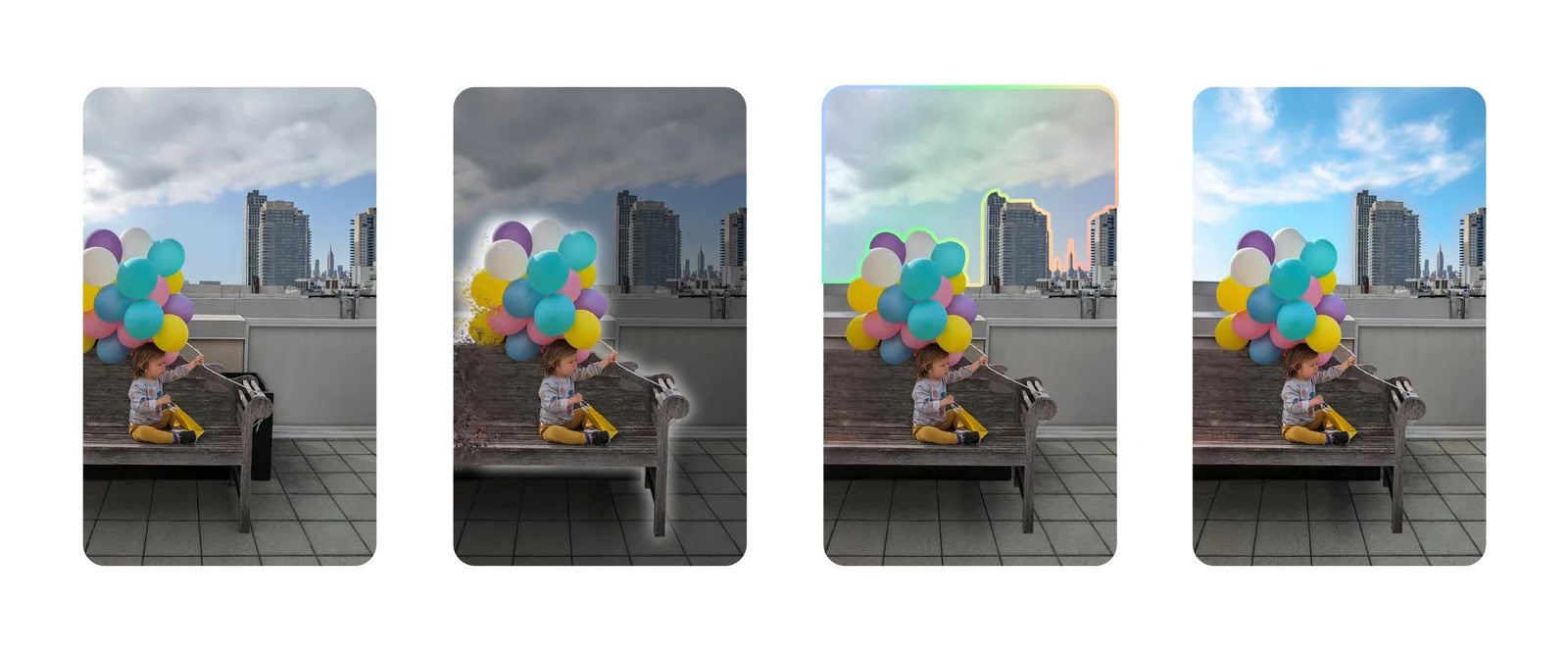
To me, a photograph is a record of a moment and a memory. The sheer idea of completely manipulating a photograph to add or remove what might not have been there or the actual setting sets off alarm bells in my head. It’s a slippery slope towards obliterating the very concept of a photograph as a record of a moment, and I don’t like it.
Google Photos’ Magic Editor lets you create your version of reality
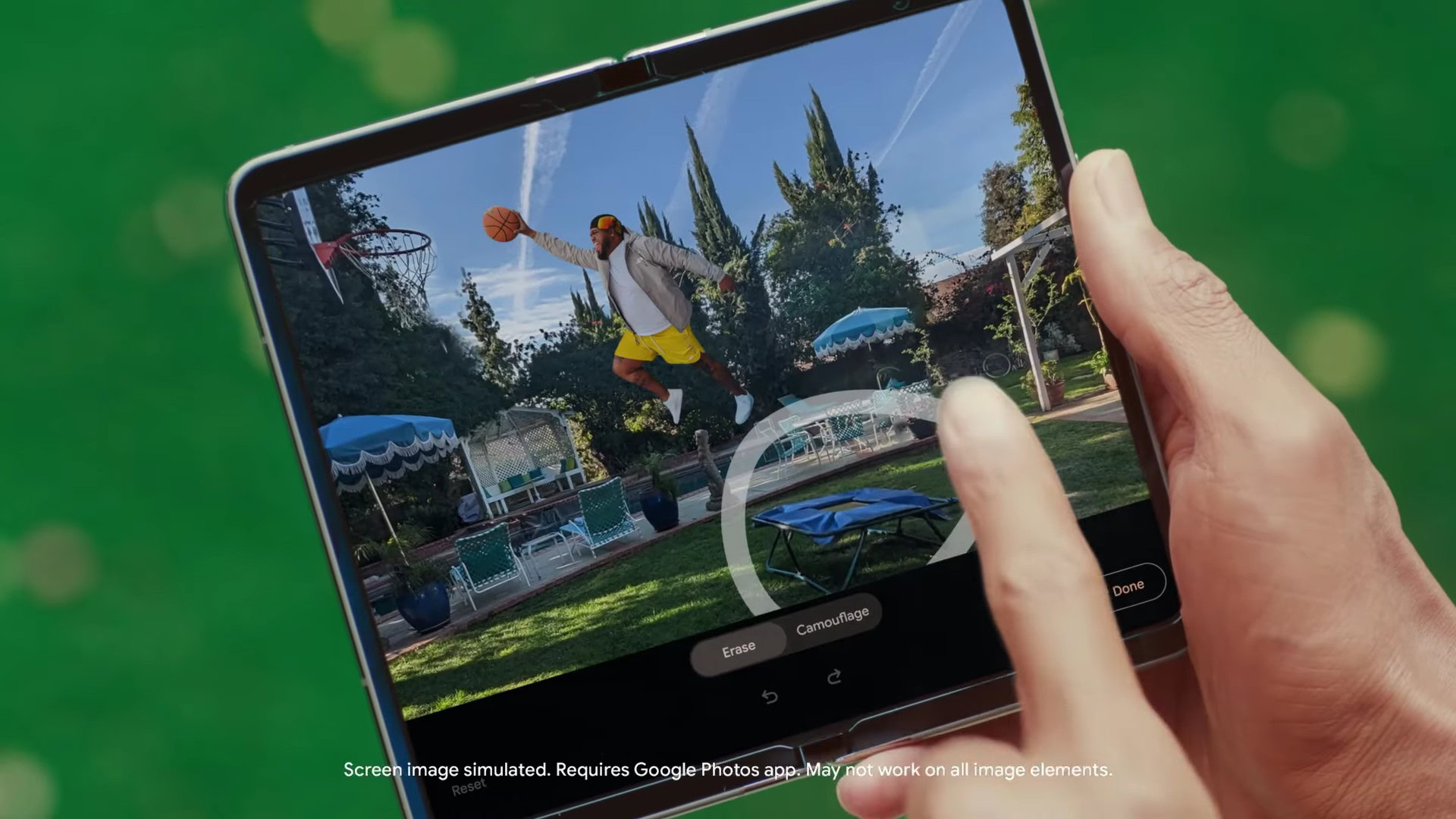
My colleague Aamir made an interesting point as part of an ongoing discussion in our internal Android Authority Slack group. Images capture a moment but not what our version of reality is. AI can help us reach that and help us tweak a not-so-perfect photo to our version of perfection or our recollection of that moment. It can let you create a photograph that represents the memory you want to perceive.
Adding one-click manipulation to the world's most popular photo editor carries great responsibility.
But I disagree with that. Since the first photograph was shot in 1826, photographs have served as records. There’s a reason why the term photographic memory exists. Ansel Adams went to lengths to capture the beauty of nature, the moment’s emotion through sheer craft and not manipulation. Joe Rosenthal’s Raising the Flag on Iwo Jima perfectly captures a historic moment that helped end World War II. Interestingly enough, Rosenthal spent his entire life defending claims that he had posed his photograph even though he hadn’t. At a time when citizen journalism and online sharing are the norm, the power to dramatically alter an image from reality carries a lot of responsibility. I’m unsure if tossing one-click manipulation capabilities in the world’s most popular photo app without appropriate safeguards is the right approach.
AI-based editing is the future
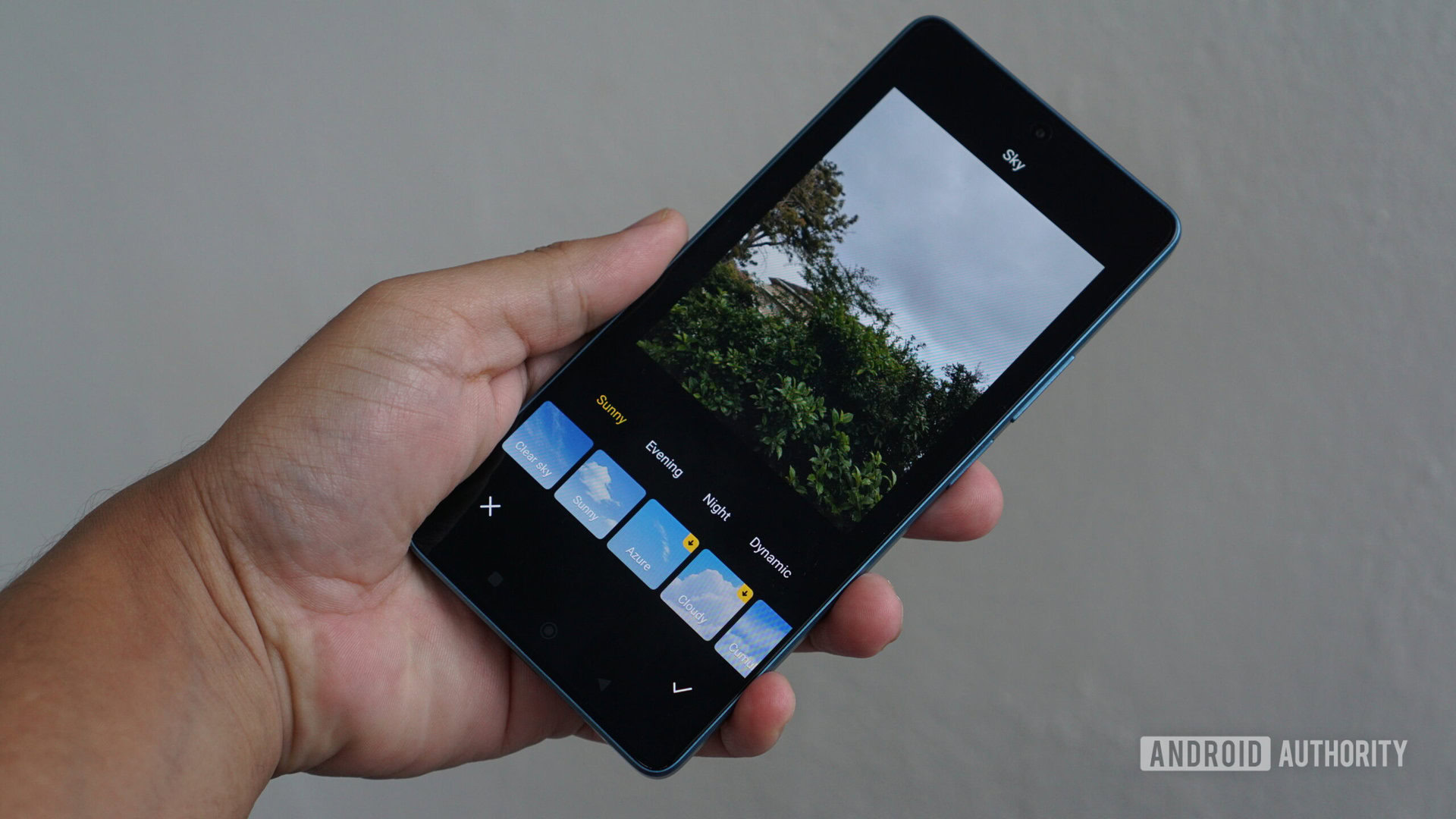
Before you hang me on a cross over my inhibitions on incorporating AI-based tech more widely, let me be clear. I’ve made my peace with AI additions to photography. Be it the idea of computational imaging or making alterations to an imperfect sky, perhaps even a spot of face touch-up. I know it is all a shift from reality, but a tweak or touch-up is far removed from creating an alternate reality.
It's always been possible to drastically alter an image, but taking it mainstream risks creating a world of duped imagery.
I’m not opposed to the idea of image manipulation. Cleaning up dust spots from photos or removing an errant power cable is part and parcel of post-processing in images. However, the ability to alter the objects and subjects in a photograph at a touch of a button rubs me the wrong way over the possibilities it opens. You could manipulate people, an ex-flame, or a family member in old captures to reshuffle a photograph as you’d like it. Still, it risks crossing over a thin invisible line. At what point does a photograph turn into a lie or a figment of imagination?
Image manipulation has always been possible; Google Photos’ Magic Editor makes it too easy
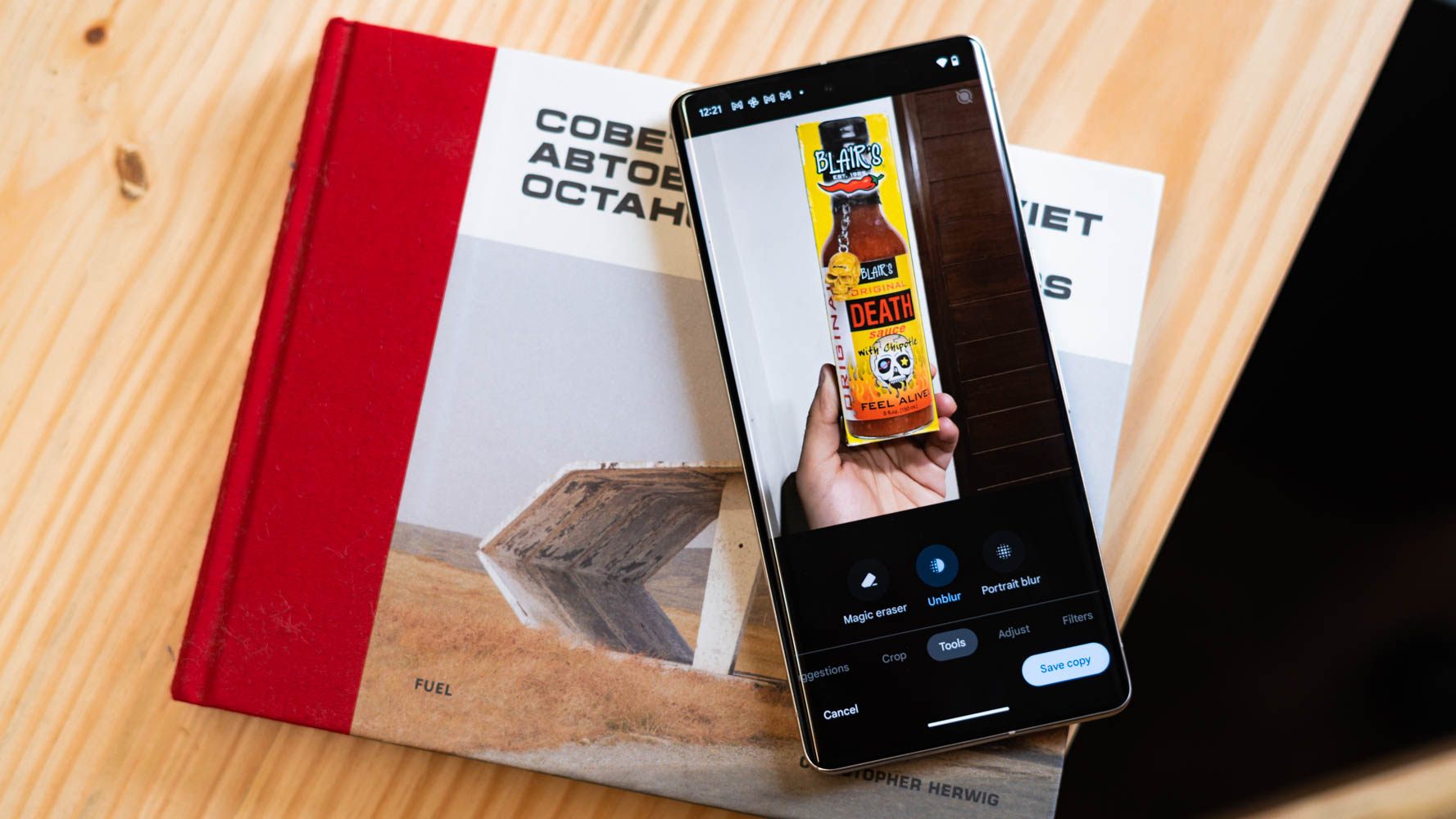
It’s always been possible to use Photoshop tools like clone masking to manipulate photos. But bringing that ability to change reality at the touch of a button runs the risk of creating an entire world of duped imagery.
Another colleague, avid photographer Edgar Cervantes recounted his experience using AI tools to create a memorable photograph as part of a wedding photography assignment. He suggests photographers should learn to integrate AI tools into their process instead of fearing them. And that it ultimately depends on the photograph and its purpose.
AI-based image manipulation is here to stay, but its use should depend on the photograph and its purpose.
That last point, in particular, is key to ensuring proper safeguards ahead of a widespread rollout of generative image altering. And no, including markers for AI manipulation in the metadata isn’t enough. A visible marker denoting an altered image would be the right start till the tech catches up to appropriately segregate such images on the broader internet.
I haven’t tried out Google’s Magic Editor yet. As a company that appears to be taking a responsible approach to AI, I imagine Google has taken measures to limit the amount of image manipulation possible. But I don’t like this inevitable future of escapism where we opt to eliminate or manipulate unsavory elements instead of working around them or recognizing the moment for what it was. However, with over a billion users, I do not doubt that the Google Photos feature will have significant adoption and shape the conversation around smarter image manipulation.